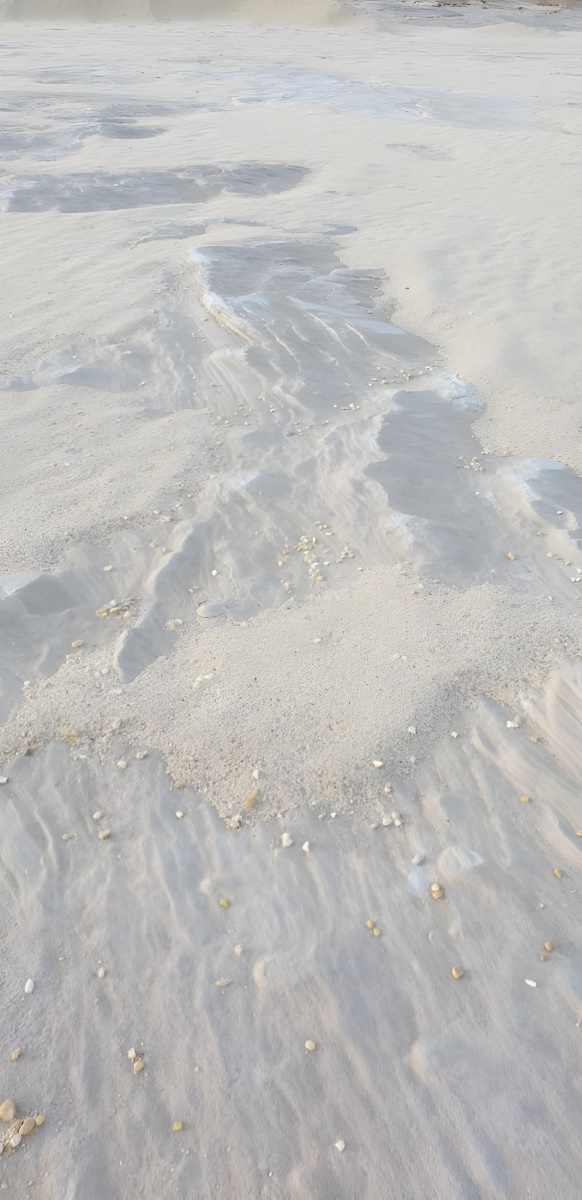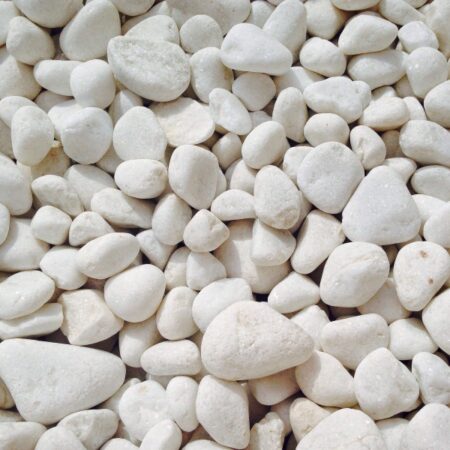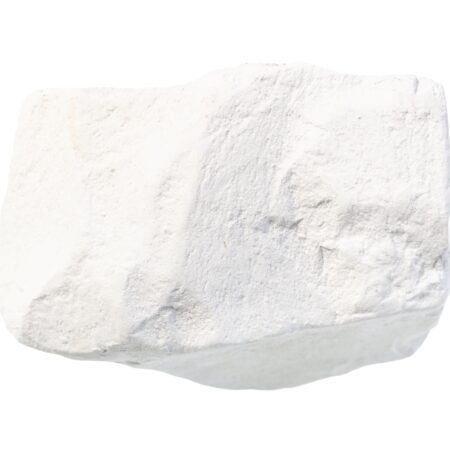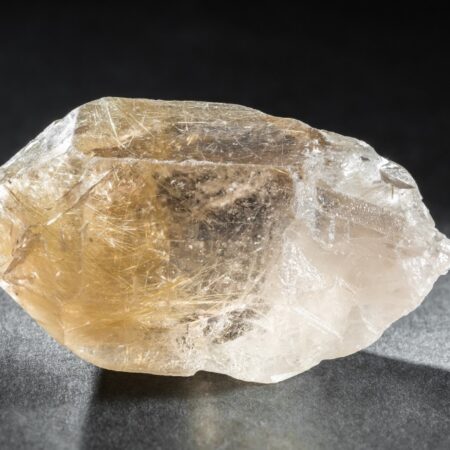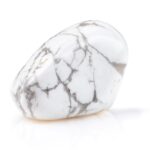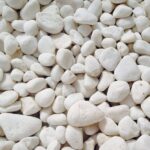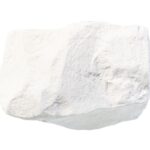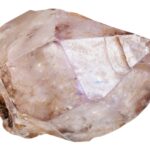Description
Silica sand, also known as quartz sand, is a type of sand that consists mainly of small granules of quartz (silicon dioxide, SiO2). It is known for its high silica content, purity, and durability, making it an essential material in various industrial applications. Silica sand is typically white or colorless and is found in many parts of the world.
Uses of silica sand include:
- Glass Manufacturing: Silica sand is a primary ingredient in the production of glass. It is melted at high temperatures to form glass products, including windows, bottles, and mirrors.
- Construction: It is used as an aggregate in concrete and mortar, and as a filler in asphalt mixtures. It also plays a crucial role in the production of cement and lime.
- Foundry Sand: In the foundry industry, silica sand is used to create molds and cores for casting metals. Its high melting point and stability make it ideal for this purpose.
- Water Filtration: Silica sand is used in water filtration systems to remove impurities and provide clean drinking water. It is a key component in both industrial and municipal water treatment processes.
- Abrasives: It is used as an abrasive material in sandblasting and in the production of abrasive cleaning products. Its hardness and sharp edges make it effective for surface preparation and cleaning.
- Oil and Gas Recovery: Silica sand is used as a proppant in hydraulic fracturing (fracking) to keep fractures in the rock open, allowing oil and gas to flow out more easily.
- Sports and Recreation: It is used in the construction of sports fields, golf courses, and playgrounds. Silica sand provides a stable and durable surface for these activities.
- Paints and Coatings: Silica sand is used as a filler and extender in paints, coatings, and sealants. It improves the durability and texture of the finished products.
- Ceramics and Refractories: It is used in the production of ceramics and refractory materials due to its high heat resistance and purity.
- Chemical Production: Silica sand is used as a raw material in the production of various chemicals, including silicon compounds and sodium silicate.
Overall, silica sand is a versatile and essential material in many industries due to its unique properties, including high silica content, purity, durability, and resistance to heat and chemicals.


